Embarking on the journey to recovery from alcohol or drug addiction is a courageous and empowering decision. Understanding where you stand on this path is a crucial first step. Read on as we explore the significance of self-testing for alcohol and drug addiction, providing valuable insights and resources for individuals seeking clarity and a way forward on their recovery journey.
Why Self-Testing Matters
Self-testing serves as a pivotal tool for individuals who may be grappling with questions about their relationship with alcohol or drugs. It provides an opportunity for honest introspection, helping individuals assess their behaviors, patterns, and the impact of substance use on their lives. Recognizing the signs early on can be instrumental in making informed decisions about seeking professional help and initiating the recovery process.
The Self-Test Process
Honest Reflection
Begin by honestly reflecting on your behaviors and experiences related to alcohol or drug use. Consider the frequency, quantity, and situations surrounding your substance use. Acknowledge any negative consequences, whether they be physical, mental, or relational.
Questionnaire Guidance
Utilize self-test questionnaires designed to assess substance use and its potential impact on your life. These questionnaires often cover aspects such as frequency of use, cravings, withdrawal symptoms, and the impact on daily activities. Honest and thoughtful responses will provide valuable insights.
Awareness of Triggers
Explore the factors that trigger your desire to use substances. Identifying these triggers can shed light on underlying issues and stressors that may contribute to addictive behaviors. Awareness of these triggers is a crucial aspect of developing coping strategies for a healthier lifestyle.
Impact on Well-being
Evaluate the impact of substance use on your overall well-being, including physical health, mental health, and relationships. Consider whether your substance use is hindering personal growth, affecting your work or studies, or straining relationships with friends and family.
Seeking Support
If the self-test results raise concerns or if you’re uncertain about your next steps, reaching out for support is crucial. Friends, family, or professionals in addiction recovery can provide guidance, empathy, and resources to help you navigate your journey.
Available Resources
Online Self-Assessment Tools
Numerous reputable websites offer self-assessment tools for alcohol and drug addiction. These tools are designed to provide an initial understanding of your situation and can be a valuable starting point.
Community Support Groups
Joining local or online support groups can provide a sense of community and understanding. Engaging with others who have faced similar challenges can offer valuable insights and encouragement.
Professional Assistance
Consider seeking professional assistance from addiction counselors, therapists, or medical professionals. They can conduct more comprehensive assessments and provide personalized guidance based on your unique situation.
Embarking on a self-test for alcohol and drug addiction is a brave step toward self-awareness and recovery. It is a personal journey that requires honesty, introspection, and, when needed, the support of others. If you find yourself questioning your relationship with substances, remember that seeking help can be the doorway to a fresh start. The path to recovery is unique for each individual, and the first step is acknowledging the need for change. Recovery Syndicate is here to support you on your journey, providing resources, guidance, and a community of individuals dedicated to the pursuit of a healthier, substance-free life.
